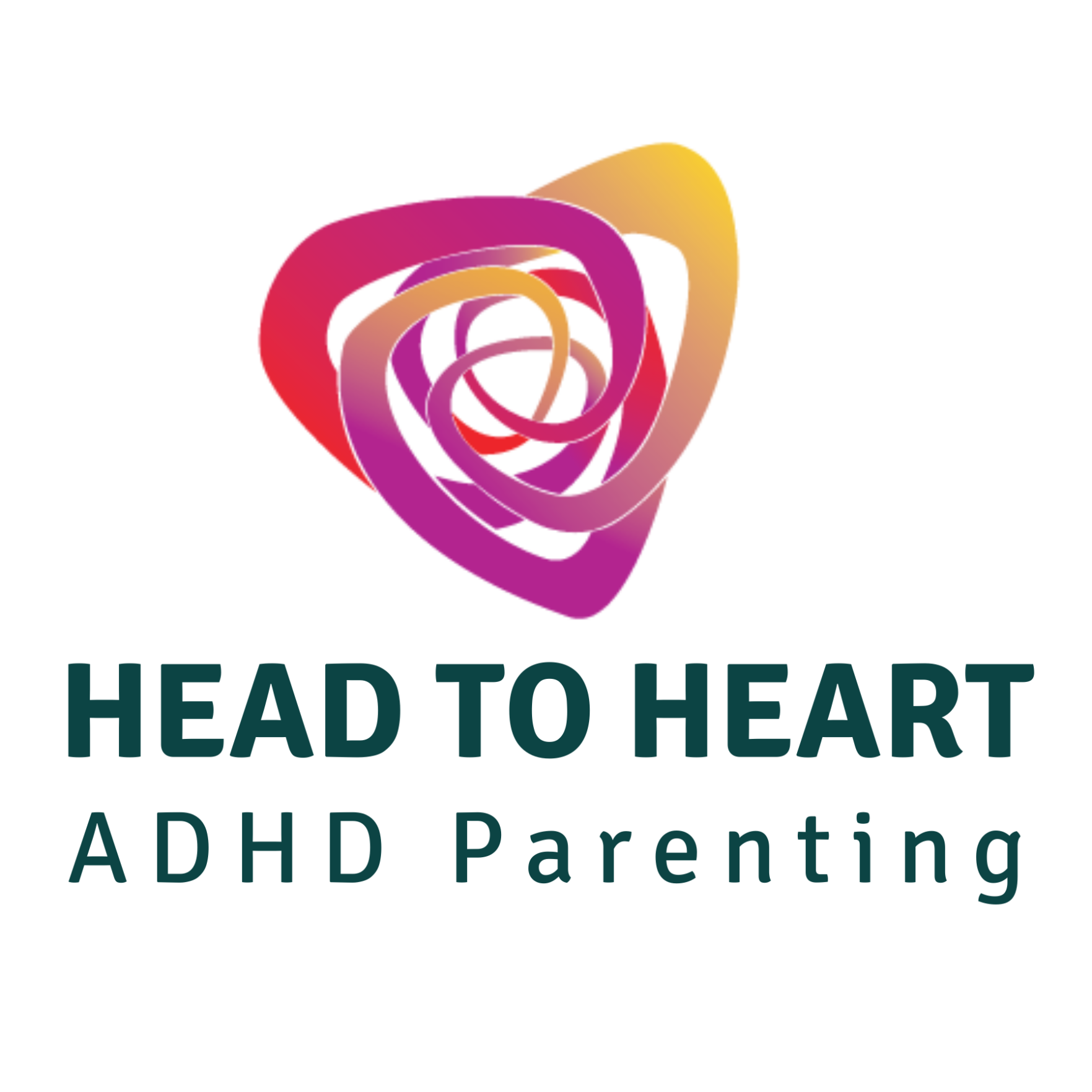Parents and Caregivers, We are thrilled to unveil our latest initiative – Head to Heart…
Author Madeline Levine on Her New Book and Defining Success for Our Kids
From Make it Better, a Chicago area magazine. Click here to see Madeline speak on child development.
The Ph.D. psychologist has spoken in the area “more times than she can count,” and countless North Shore parents have read her book “The Price of Privilege” (some can even quote from it!). The book, which explored why affluent kids have epidemic rates of emotional problems in adolescence, became a runaway bestseller.
Its broad success made Levine realize that it’s not just affluent parents who are anxious—it’s all parents. So, her new book, “Teach Your Children Well: Parenting for Authentic Success,” looks at how parents should define success for their kids, arguing that the current focus on grades and performances is misdirected.
Make It Better sat down with the sought-after expert to get her latest thoughts and advice.
What it is about our cultural moment that has caused all this stress on parents, which then translates to stress on kids?
We’re at a perfect storm right now. Technology has changed things way faster than we can evaluate it and study it. The other factor is the global economy. Parents have absolute fear that if their kids aren’t advantaged, they’re not going to be able to compete. And we’re focusing on the wrong things—content and metrics.
You’re one of the founders of Challenge Success, a research-based group at Stanford that promotes a healthier and more effective path to success in the 21st century. What do you think schools and parents should be focusing on?
I live in Marin County, and I’m at Stanford a lot, so I’m always talking to leaders in Silicon Valley. What they value is collaboration, motivation, grit, persistence and work ethic—much more than straight A’s. We’re still educating kids as if it were the industrial revolution. There should be more project-based learning. You should worry less about whether your child is the captain of the team, and more about whether he or she plays well with others.
Character is what we should be paying attention to. Instead, we’re sending kids to specialized camps and hiring tutors. The greatest thing that will give them a leg up is developing a sense of self and knowing who they are.
What do you think of the “Tiger Mother”?
The media had a field day with that book because it played to the American moms’ fear that they would never be able to keep up with the Chinese. Do I agree with a lot of what she has to say? No. I do like her idea that kids are tough and robust. But you can’t take other cultures out of context, and there are many different cultural approaches to parenting. These opinions should not be taken as fact. I’m interested in what science has to say.
You had polio as a child. How did that experience influence you?
It made me realize that life is really hard and unpredictable. One day, I was a perfectly healthy kid, and the next day I’m in a hospital surrounded by kids with iron lungs and stuff. That’s what life is. For most of us, life is really challenging. I have this really strong feeling about not adding to that. Why would we want to add to that by having kids sobbing because they got a B-? Or they got cut from the team and their father will never talk to them again? Or they didn’t get into the college their parents were hoping for? It feels like a very unfair thing to do to good kids who will have more than enough challenges to face, because that’s the way life is.
Sometimes our kids have to be unhappy. Sometimes they have to struggle. Those are gifts to kids, because they develop the kinds of coping skills they’re going to need in life. Some parents say, “They’ll pick those things up later.” They won’t.
How has your own parenting played a role in your work?
I originally got interested in how we treat kids with different abilities because I have three boys, and my youngest son didn’t get to graduate with anything on his gown. He was a hands-on kid and he used to work construction in the summers. He would wake up at 5:30 a.m. to make sandwiches for everyone on his crew, who were trying to support families on $12 an hour. It killed me that this kid who had so much generosity and kindness wasn’t recognized. There’s no generosity award—only a GPA award. But he did find an environment where his talents were valued. We lose so many kids to depression, drugs, indifference, or anger, because we have this narrow view of success. We absolutely have to open the tent and bring more kids in.
For more information about the book and her speaking schedule go to madelinelevine.com.


Comments (0)